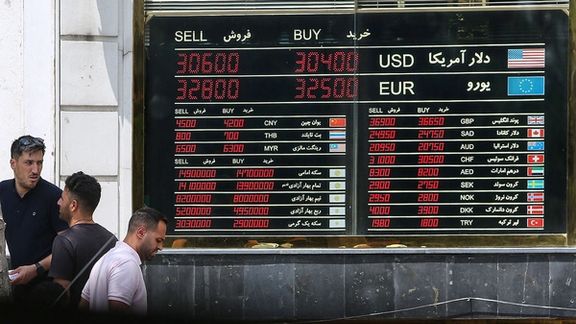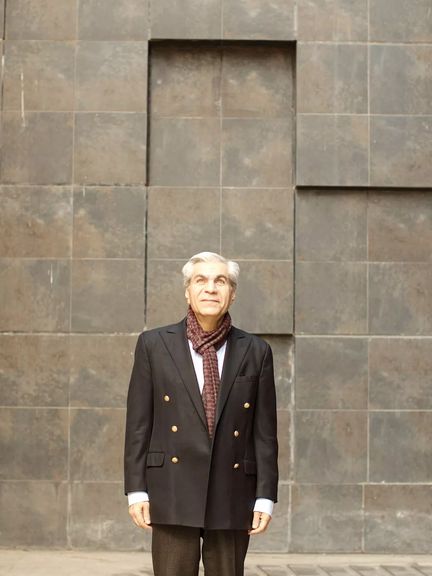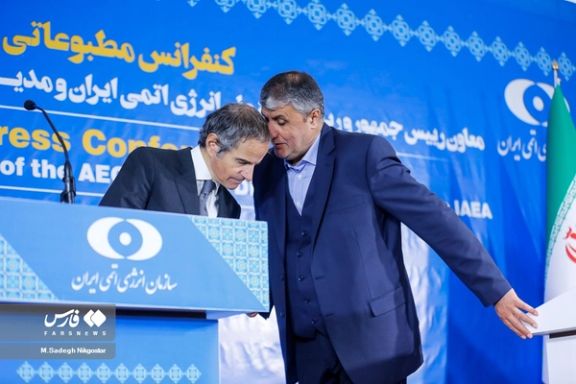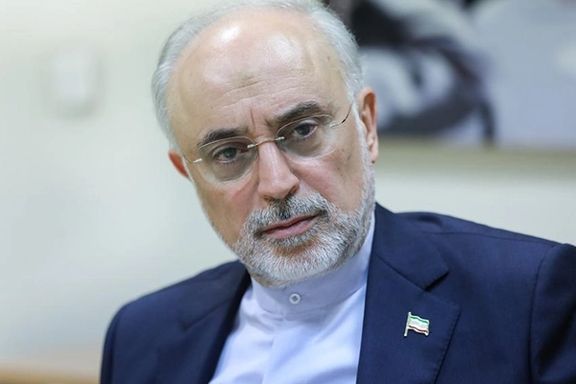Former Diplomat Calls For Flexibility To End Iran's Isolation

Iran's former ambassador to Japan, Canada and the UK says the Islamic Republic conducts foreign trade via international smuggling and money laundering networks.

Iran's former ambassador to Japan, Canada and the UK says the Islamic Republic conducts foreign trade via international smuggling and money laundering networks.
Amid a deep economic crisis, commentaries about the impact of foreign policy, meaning isolation and sanctions, on the country’s well-being have become more frequent.
Mohammad Hossein Adeli told Ham-Mihan Daily that by using these networks, Iran circumvents US sanctions. "As long as we are doing this, our situation is not normal. This is a costly way that entails high inflation for Iran."
Adeli who was the governor of Iran's Central Bank under President Akbar Hashemi Rafsanjani and the country's ambassador to several key countries under the reformist government of President Mohammad Khatami, said Iran is a country that cannot remain isolated.
He maintained that although some “revolutionaries” advocate isolation as a way of growth, they need to know that even China owes its growth to foreign investment and a $760 billion per annum trade with the United States. Adeli added that "isolation will drag Iran into collapse and instability and its economic development depends on national power and stable and intelligent interaction with the world. That is how China, India, Indonesia, Brazil, South Africa and Vietnam have successfully survived and their economies grew."

Adeli further stressed that economic sanctions cause a bigger loss for Iran than any war. He added that Iran is under the pressure of a series of deep and complicated sanctions. The added cost of domestic and international trade under sanctions disrupts Iran's economy and increases the cost of everything.
"People are in trouble for their everyday livelihood and the country cannot develop. When there is no prospect for future, people lose their hope. As a result, law breaking becomes a norm and social relations are disrupted. That, eventually causes revolt in the country," Adeli said.

Meanwhile, a commentary in the moderate news website Faraz daily maintained that IAEA Director General Rafael Grossi's visit to Tehran quickly helped Iran’s currency to rise after the media quoted a few lines from his statement about agreement over cooperation. The commentary asked whether this would bring the government in Tehran to its senses and encourage it to recognize the link between foreign policy and people's livelihood.
According to Faraz Daily, this development clearly highlighted the importance of foreign policy on the country's economy, while Iranian officials have been insisting that their isolationist foreign policy has no impact on the people's livelihood.
At the same time, the commentary observed, that not interacting with the world during several years of economic sanctions has led to a crisis for Iran's people and government.
There are indications that at least some politicians in Iran who are usually trusted by Supreme Leader Ali Khamenei are encouraging the government, and in fact Khamenei, who single-handedly makes all decisions on all matters including the economy and foreign policy, to be more flexible in their interactions with the West and particularly the United States.

Iran's former nuclear chief Ali Akbar Salehi said on Tuesday that Iran should show flexibility in its negotiations with the West in order to end its international isolation.
Salehi said during a speech at the Iranian Foreign Ministry, "Resistance should come along with prudence. When we face serious obstacles, we need to show intelligent flexibility in order to end our isolation." This, Salehi said, is a wise reaction. He also warned Iranian diplomats, "not to create political or diplomatic deadlocks."